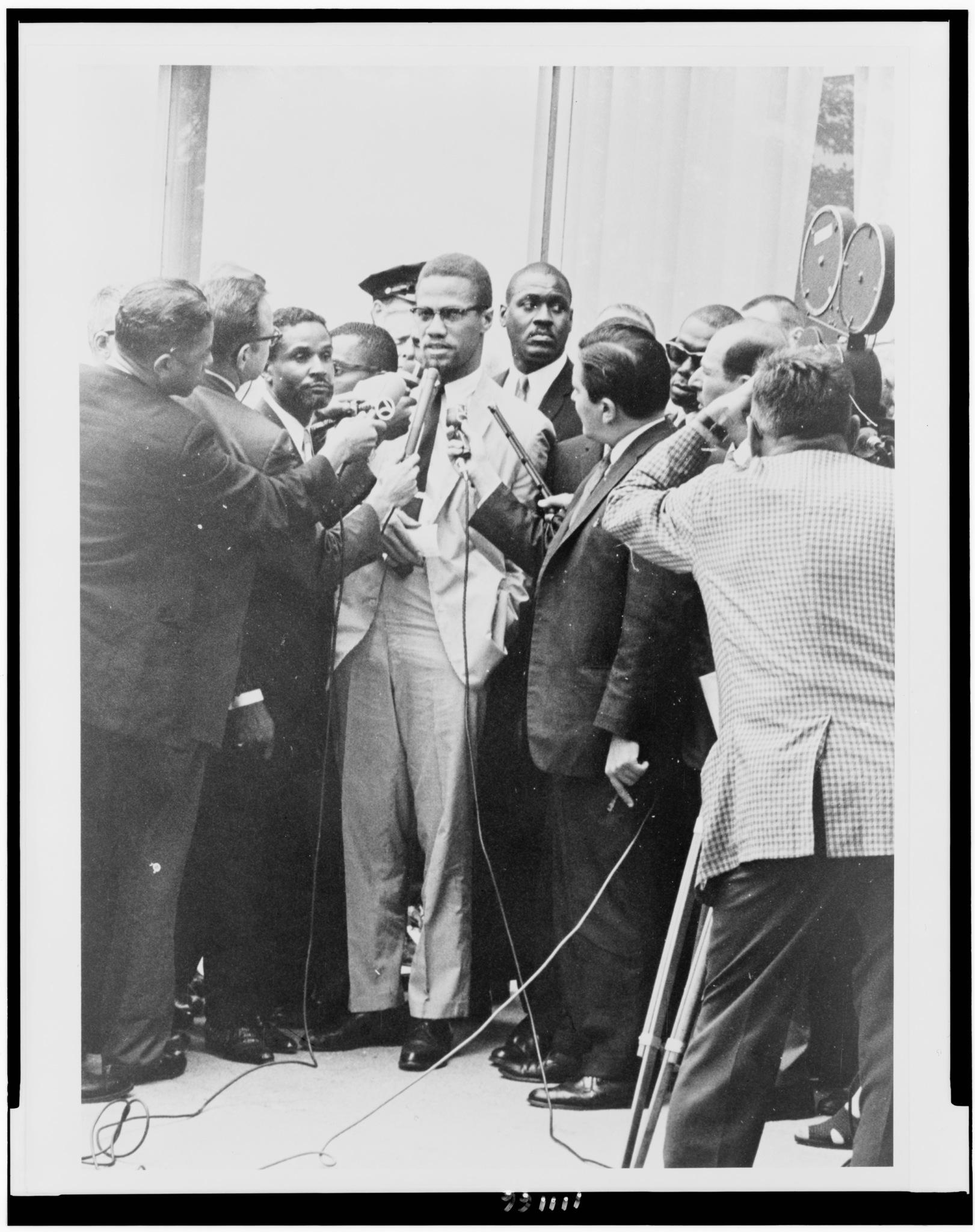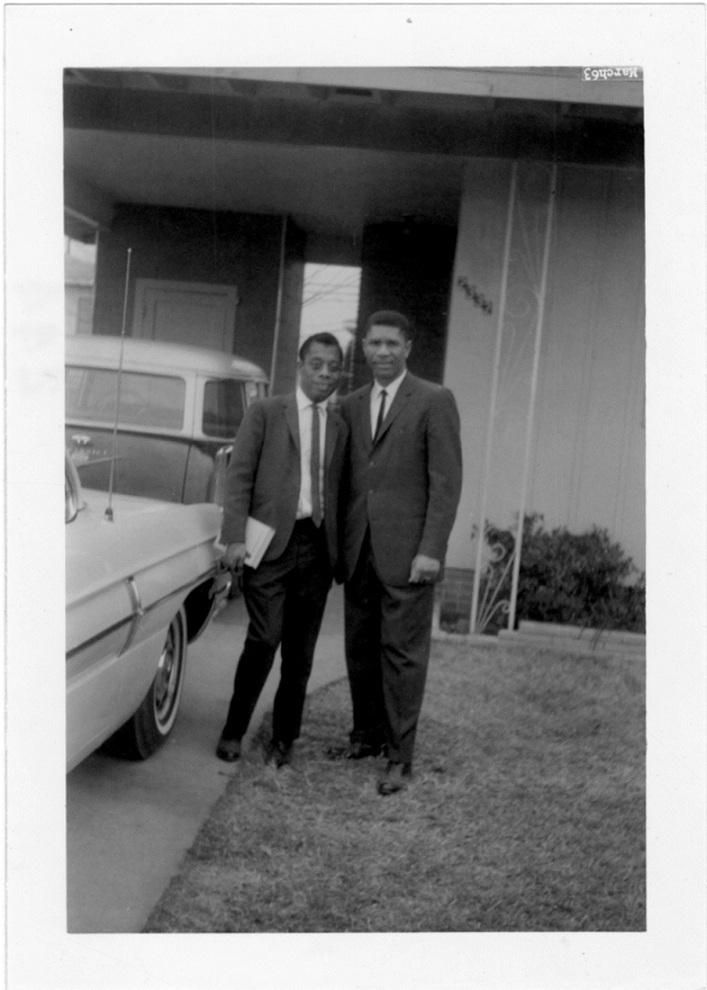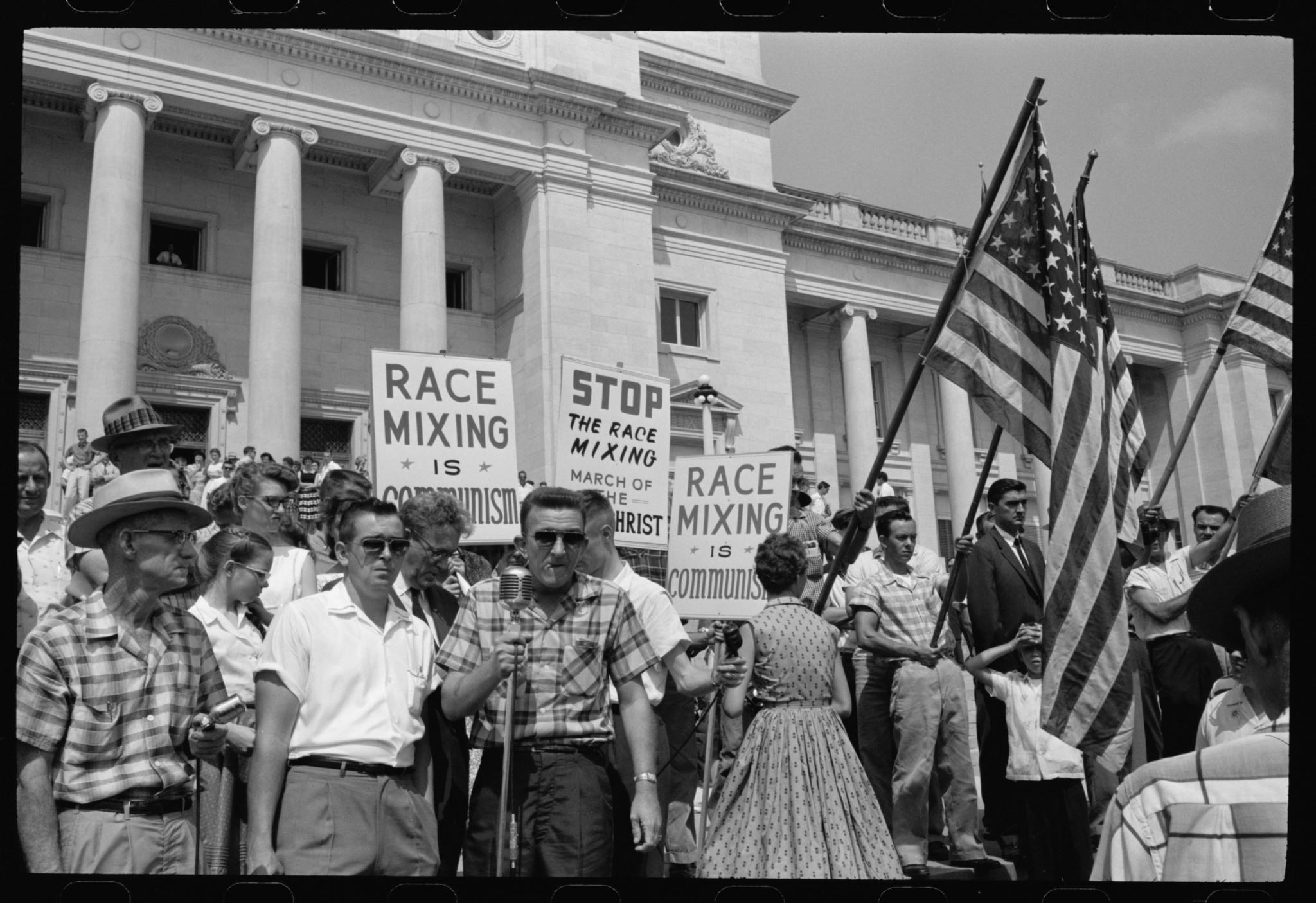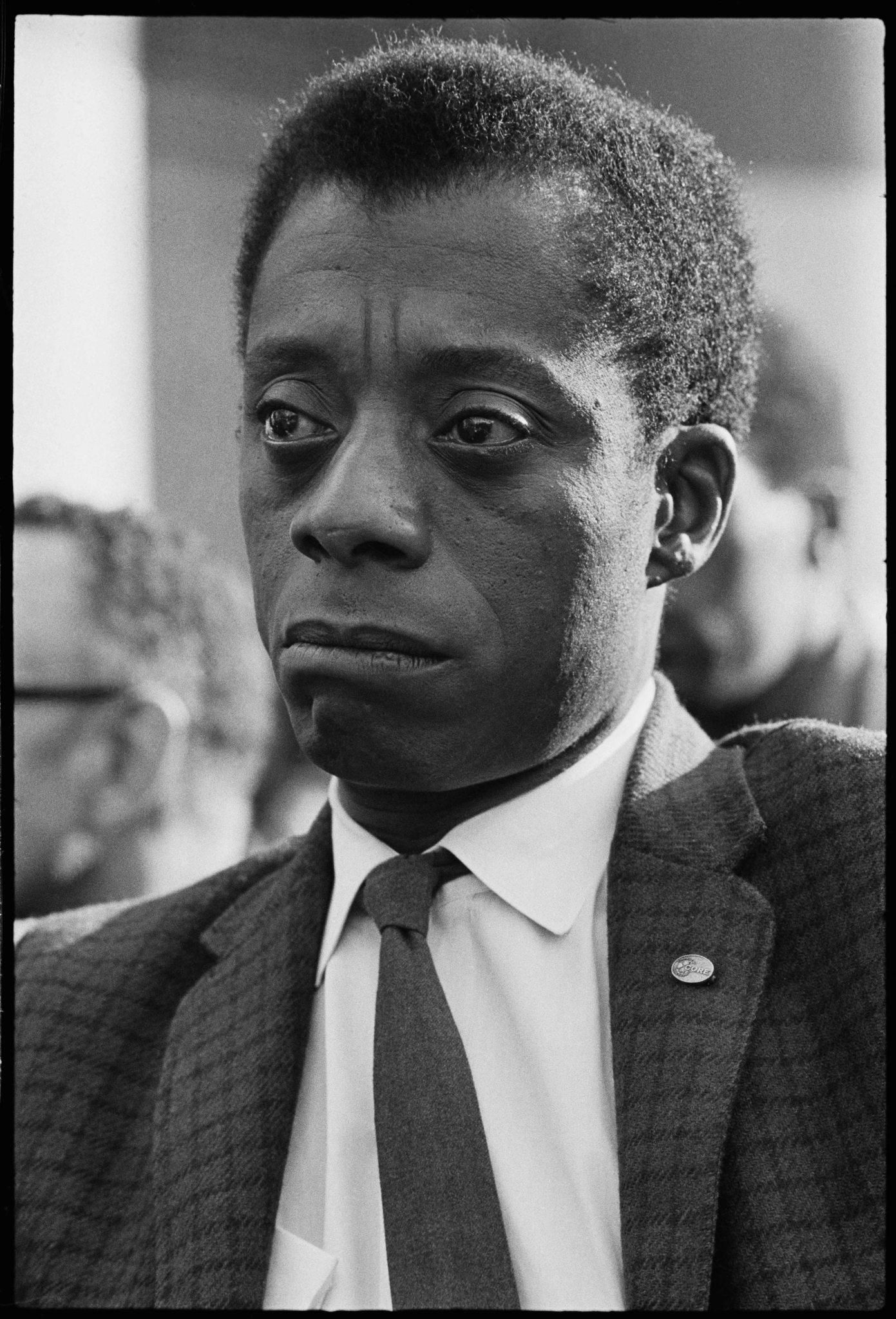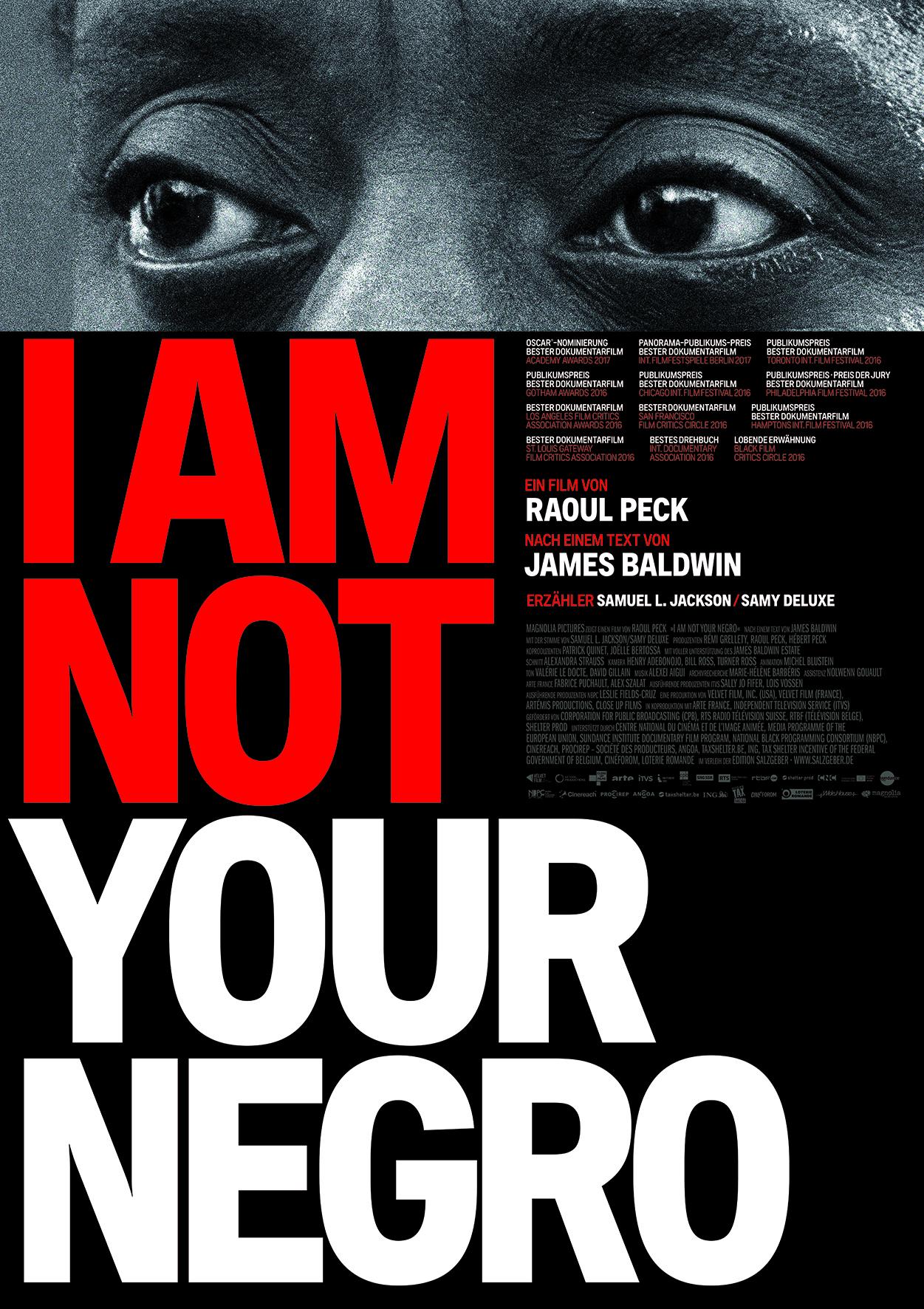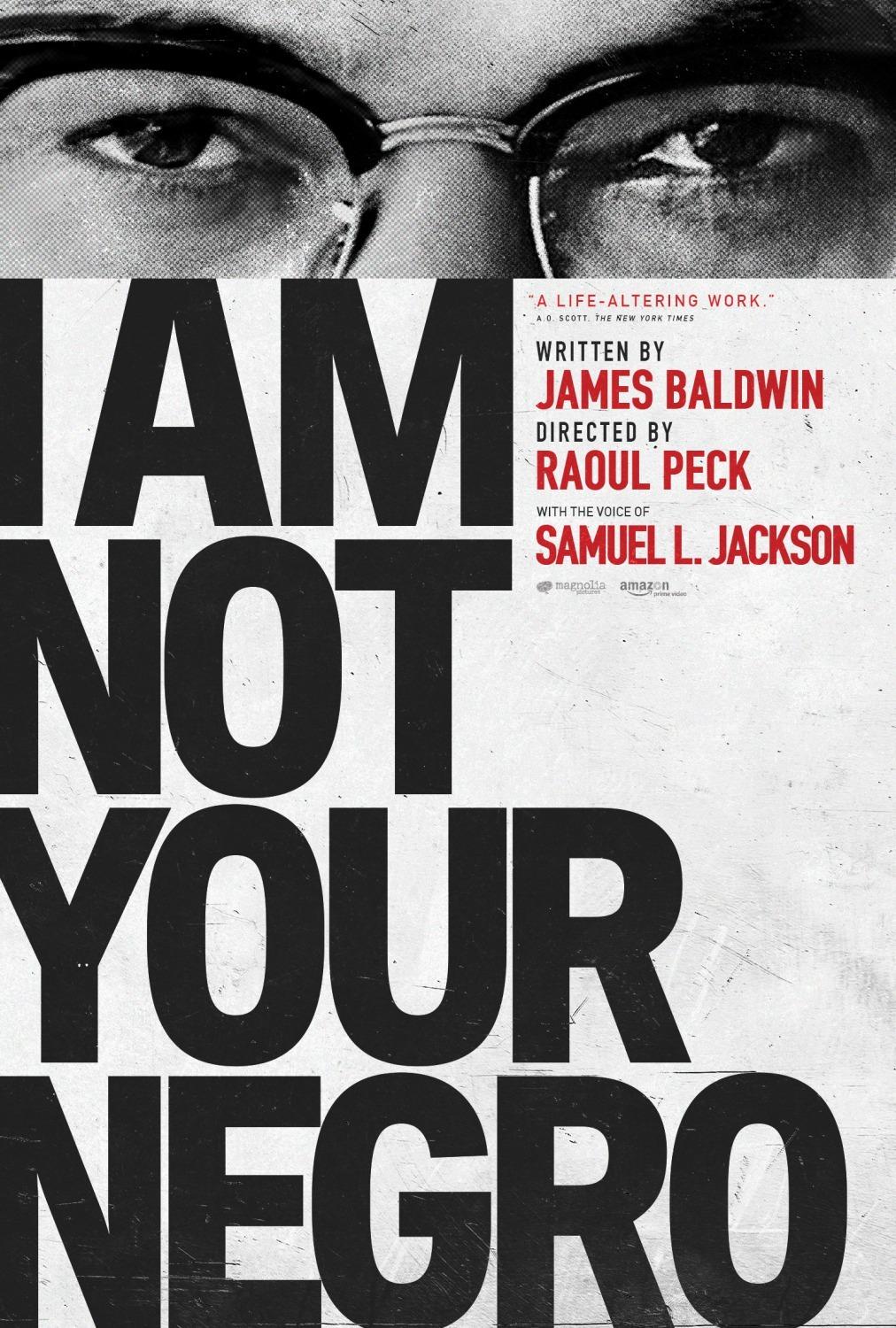Synopsis
, skillfully directed by Raoul Peck, stands as a potent documentary derived from the unfinished writings of one of America's most profound voices, James Baldwin. Through the evocative narration by Samuel L. Jackson, the film invites viewers on a profound journey into the deep-seated history of racism in the United States. Drawing directly from Baldwin's own words, alongside insightful letters, rare interviews, and striking archival footage, Peck crafts a vivid tableau of race relations through the perspectives of iconic figures in the civil rights movement—Medgar Evers, Malcolm X, and Martin Luther King Jr.
By weaving past and present, illuminates Baldwin's radical vision and passionate reflections, seamlessly linking them with the modern landscape of race in America. Baldwin's poignant and often poetic musings form the crux of the narrative, providing an unflinching examination of the struggle for equality and justice. The documentary transcends a mere recounting of history; it becomes a compelling call to action, urging audiences to critically examine the ongoing implications of systemic racism and its impact on contemporary society.
The film does more than just trace the past; it challenges viewers to confront their own biases and understand the enduring legacy of racial discrimination. With a stirring visual and auditory experience, Peck pays homage to Baldwin's insight and intelligence while illuminating the timeless relevance of his message. As Baldwin's reflections oscillate between hope and despair, he dares us to envision a future where justice prevails over prejudice.
is not merely a historical account; it is a revelatory exploration that resonates deeply with today's reality, drawing parallels between the civil rights movement and current struggles for racial justice. It forces us to ponder how far we've come in addressing racial disparities, while simultaneously acknowledging how much work remains undone. This documentary serves as both a tribute to Baldwin's unfinished work and a powerful reminder of the persistent echo of his words in today's fight against racism.
This cinematic piece is imbued with a sense of urgency, leveraging Baldwin's enduring wisdom to challenge audiences to continually seek truth and accountability. reignites Baldwin's vision with fresh clarity, making it a vital viewing experience for anyone willing to delve into the complex narrative of America’s racial past and present. It’s a thought-provoking masterpiece that not only informs but also inspires profound reflection on the ways we can collectively move towards a more equitable future.
Argument
The documentary film , directed by Raoul Peck, merits profound contemplation as it forces us to confront the enduring and uncomfortable reality of racism in the United States. At its core, this documentary, narrated with evocative gravity by Samuel L. Jackson, draws from the weighty, yet unfinished, manuscript of James Baldwin, titled It is through Baldwin’s sharp, thoughtful reflections that the film weaves its narrative, central to which are his memories of civil rights icons Medgar Evers, Malcolm X, and Martin Luther King Jr.
Baldwin’s choice to focus on these seminal figures was perhaps influenced by their pivotal roles in the civil rights movement. Evers, X, and King each represented distinct yet converging paths towards racial equality in a nation deeply scarred by its history of segregation and racial violence. By bringing the memories of these leaders to life, the film offers not just a recounting of historical events, but also a potent commentary on their enduring impact on contemporary society. Indeed, Baldwin's unresolved manuscript becomes a lens through which the film invites viewers to engage with and challenge their understanding of race relations. This documentary is unflinching in its portrayal; the potency of Baldwin's words is matched by visually immersive elements, including letters, photographs, and chilling archival footage which serve to paint a vivid picture of America's turbulent journey through racial strife.
The power of Baldwin’s narrative is its ability to bridge the historical with the present, urging us to question our assumptions about race both past and present. In doing so, it forces us to acknowledge how these unresolved issues bear significant relevance in today’s society, echoing Baldwin’s passionate hopes for the future of America—a future that remains conditional upon sincere introspection and change. Through compelling use of juxtaposition, the film draws lines between eras, highlighting not only the progress but also the complacency that threatens to reverse it. The similarity of past and present events, despite decades apart, challenges any notion that racism has been eradicated from American consciousness.
Where Peck’s documentary excels is in its expectation of the audience. It does not just solicit sympathy or understanding; instead, it compellingly calls for action and self-reflection. The film's intellectual heft lies in its capacity to provoke a deeper contemplation on the systemic roots of discrimination and injustice. Baldwin’s reflections are caustically insightful, proving to be not just a narration of past events but a direct discourse aimed at the viewer, demanding more than passive reception. It is precisely this unapologetic form of storytelling that makes "I Am Not Your Negro" not just an examination of history but a radical re-examination of shared humanity, racial identity, and moral responsibility.
Baldwin’s writing—imbued with an urgency transcending time—is foundational to this dialogue. The documentary skillfully curated his prose, imbuing each scene with the intensity of first-hand experience, offering both a personal and collective perspective on the American civil rights era. The impact of Baldwin’s words is augmented by the powerful and emotive voice of Jackson, whose narration adds depth to Baldwin's poignant critiques and aspirations. The film's effectiveness is inevitably tied to its emotional resonance, making its case for protecting and advancing civil rights an irrefutable moral obligation.
In conclusion, "I Am Not Your Negro" stands as an essential critique, not only of the historical injustices that have shaped America’s social fabric but also of the persisting systems demanding dismantlement for true equality to flourish. It is a film that demands intellectual engagement and active participation in shaping the future—a future Baldwin envisaged as one free from the shackles of the past, yet cautioned by its lessons. The persistent nature of racism requires us to actively dismantle its grip—a compelling realization Baldwin stresses throughout as both necessary and urgent. Peck's documentary stands firm in its demand for a reevaluation of core societal principles, challenging us to transmute understanding into meaningful change for generations ahead while honoring the legacy of those who relentlessly fought for justice.
Cast

Samuel L. Jackson
Narration
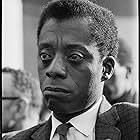
James Baldwin
Self

Martin Luther King
Self

Malcolm X
Self

Medgar Evers
Self

Robert F. Kennedy
Self

Harry Belafonte
Self

Paul Weiss
Self

Dick Cavett
Self

H. Rap Brown
Self - Black Panther Party

Bob Dylan
Self

Leander Perez
Self - White Citizens Council
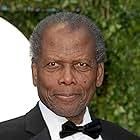
Sidney Poitier
Various Roles

Ray Charles
Self

Doris Day
Various Roles

Gary Cooper
Frank Flannagan

Tony Curtis
John 'Joker' Jackson
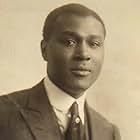
Clinton Rosemond
Tump Redwine (clip from They Won't Forget (1937))
Multimedia
